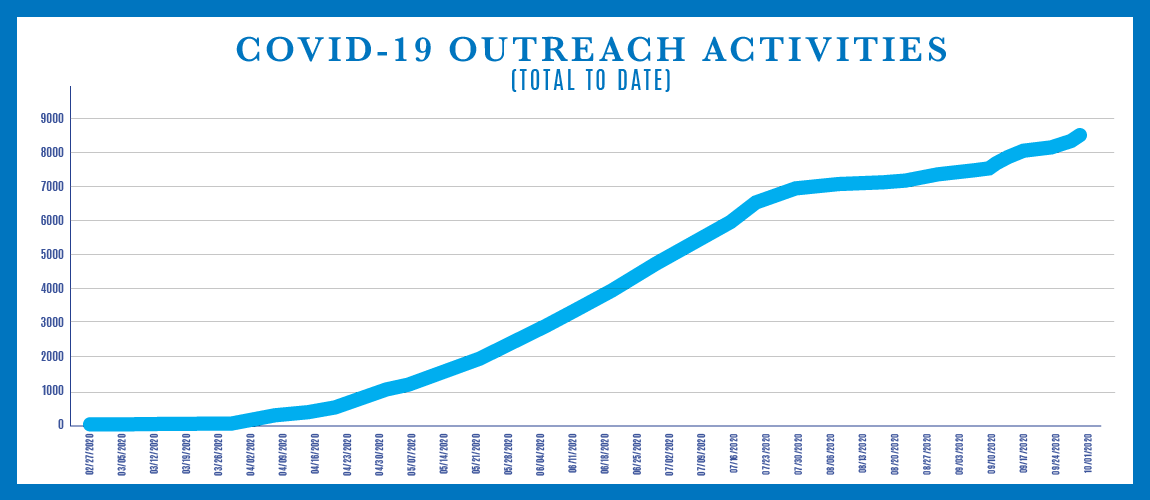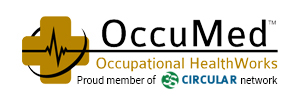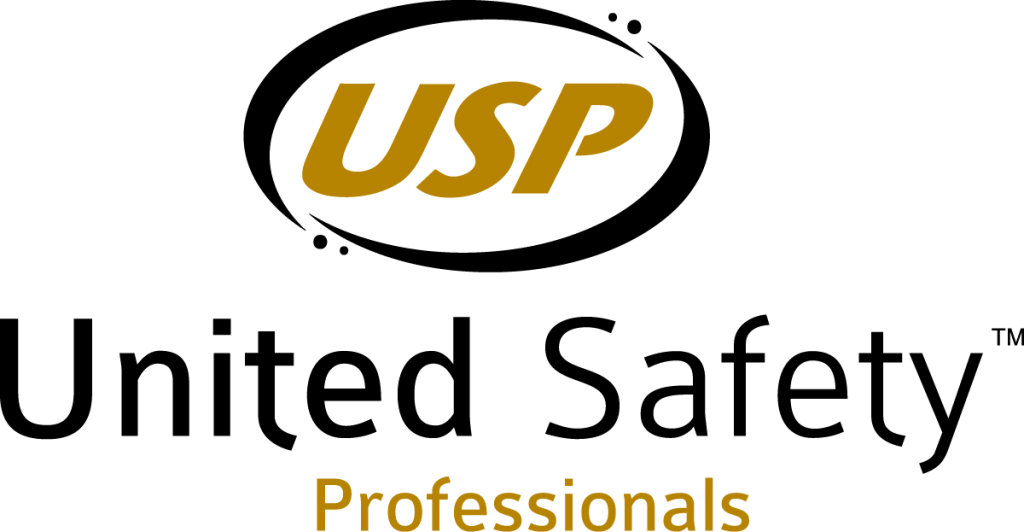OSHA is working hard to make sure that workplaces are maneuvering this new normal in the safest ways possible. In the midst of this public health crisis, it is important for companies to maintain business as usual as possible, but this does not mean that the employees’ health and safety should be put at risk. In this unprecedented time, nothing can be expected or planned for, and there are many issues that are appearing, but OSHA has been providing consistent updates to help workplaces keep up with safety standards, and to also inform the public. The agency just released its latest newsletter, which breaks down some of the latest issues that they have observed over the last few weeks.
Before the public health crisis, it was only common to see tradesmen and medical personnel wear masks on a regular basis. But, with mask use for the general public on the rise—and mandated in many areas—to help slow the spread of the virus, it has become even clearer how important proper mask usage is. N95 masks and similar respirators provide the most ideal protection for workers in high-risk fields, with doctors, nurses, and medical staff at the forefront right now. However, with shortages due to demand, these tools may not be available to those who need them. Because of this, OSHA has issued temporary guidance for to the enforcement of both initial and annual fit-testing requirements of respirators. Currently, the organization will permit the use of tight-fitting powered air-purifying respirators approved by NIOSH for protection against the Coronavirus, to be followed when typical OSHA-approved fit testing is unavailable due to shortages. As always, these products should be reserved for healthcare and frontline workers in high-risk environments. While everyone hears the word N95 and believes it to be the golden ticket to protection, frontline workers can also, under this new guidance, use other respirators that provide equal or greater protection, including the N99 and N100 respirators. A full list can be found in the press release here.
 OSHA has also been monitoring violations that have arisen at various facilities thus far in the public health crisis. Since the beginning of the pandemic, the agency has cited 62 establishments for violations, including failures to report injury, illness, or fatality, failure to follow proper PPE standards, and failure to comply with the Occupational Safety and Health Act of 1970. The proposed penalties for these violations total $913,133. OSHA has already announced citations for 37 establishments, which can be found at dol.gov/newsroom. In addition to those establishments, there have been an additional 25 establishments that have received coronavirus-related citations totaling $429,064 from OSHA from Sept. 25 to Oct. 1, 2020.
OSHA has also been monitoring violations that have arisen at various facilities thus far in the public health crisis. Since the beginning of the pandemic, the agency has cited 62 establishments for violations, including failures to report injury, illness, or fatality, failure to follow proper PPE standards, and failure to comply with the Occupational Safety and Health Act of 1970. The proposed penalties for these violations total $913,133. OSHA has already announced citations for 37 establishments, which can be found at dol.gov/newsroom. In addition to those establishments, there have been an additional 25 establishments that have received coronavirus-related citations totaling $429,064 from OSHA from Sept. 25 to Oct. 1, 2020.
The agency has also removed 624,070 workers from facilities due to hazards related to the Coronavirus. Beginning in mid-March, the number of complaints, both on the state and federal level, steadily began to rise, and only started to level off over the last few months. As of the week of October 12, 2020, there have been 9,359 federal-level and 29,286 state-level complaints. The Healthcare industry has been hardest-hit with Coronavirus-related complaints, with almost 2,300 complaints. This is followed by the Retail industry, which has

had 1,050 complaints. As the rate of these complaints throughout all workplace industries has slowed, the number of closed cases has risen, making it clear that OSHA is working hard to make the workplace as safe as possible. For detailed week-by-week information, as well as graphs illustrating the trends, click here.
As OSHA maneuvered this uncharted territory, the agency has been keeping a thorough Frequently Asked Questions section with many of the questions and concerns that employees and workplaces have come across during this time. As always, OSHA wants employees to know their rights, and to know how to report issues without fear of retaliation.
If you have concerns about your workforce and coronavirus, please contact us today to learn about steps you can take to protect yourself, your family, and your employees. We offer the following COVID-19 safety service options:
COVID-19 Consulting Bundle: Written directive/policy on requirements which can be either a corporate policy or a site-specific policy.
COVID-19 Training (Infection Control Webinar): We offer Open Enrollment Classes and Private Company Sponsored Classes made available at your convenience.
COVID-19 Testing: We now offer COVID-19 Testing Services for Colleges, Universities, Private Companies, And Public Agencies


